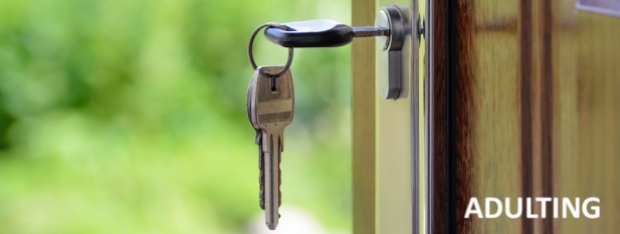
I first learnt about Hannah Ritchie‘s book, Not the end of the world, from Bill Gates. Guardian recently published another review of it as the book had just come into the market.
As Bill Gates pointed out, the interesting perspective that Hannah brings is that humans have not quite achieved the notion of ‘sustainability before. The UN notion of sustainability is “meeting the needs of the present without compromising the ability of future generations to meet their own needs”. We were not ‘more sustainable’ in the past as living standards were not great and life was pretty savage; ie. the needs of ‘the present’ wasn’t achieved in the past.
In a sense, it was as though nature had been too harsh to us and we somehow tried to survive that – mostly by ‘conquering’ and ‘reclaiming’ nature. Of course, that somehow begins to push the frontier of the planetary boundaries, and we end up breaching some of them. So the result is that the future needs become somewhat compromised.
Another important aspect of Hannah’s contribution to the book is to encourage people to look into the science and the facts. There had been so much bad press about palm oil and a very sustained assault by Western media on the crop that the productivity of the crop was overlooked. Turning to oilseed alternatives could result in more, rather than less deforestation and hence environmental destruction. Agriculture in the modern times for most part is more about taste and preferences as well as the sway that narratives have – as opposed to optimising agriculture for environment and the world.
Ultimately, we realise from Hannah’s fact-based approach that a lot of the challenges and problems do already have some kind of solution. It is all about adoption, and integrating new narratives in the way we live, and consider what is success for ourselves. Dietary choices are largely a matter of culture and what diet people aspire towards. People’s preferences can be shaped (and hence economics’ attempt at distinguishing exogenous variables from endogenous ones are somewhat moot).
For people to be more aware of the costs, and the challenges of the coordination problem, they must begin from this very fact-based approach that Hannah is leveraging in her optimistic storytelling about the history of human development. We may be struggling towards the solutions that we know (eg. putting a price on carbon and making people pay for it), but at the very least we can agree that this is how we need to move forward with and be aware of the costs and consequences. We need to get people to the bargaining table and work out who has how much to gain or lose. Without creating the transparency and acknowledging the financial, political costs, we end up being caught up in false arguments about technical solutions.



